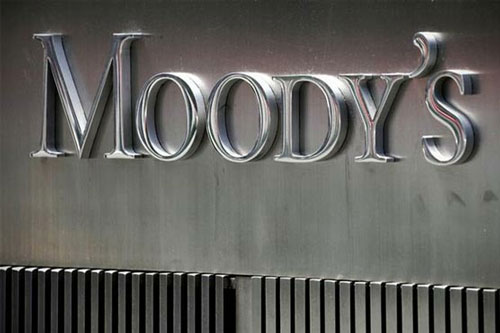Lahore
Islamic banks in South and Southeast Asia have sufficient capital and liquidity to meet increased demand for financing as economies recover from pandemic, while young, growing populations and government efforts to develop the sector will support long-term growth, according to a new report by Moody’s Investors Service.
“Although Islamic banks’ profitability in these regions weakened in 2020, their capital buffers remain mostly robust, supported by government measures to soften the impact of the coronavirus outbreak.
Strong capitalization will in turn enable Islamic banks to meet increased demand for financing as economies recover,” said Tengfu Li, a Moody’s Analyst.
Liquidity has also eased or remained stable because of strong growth in low-cost deposits as consumers and businesses cut spending, and as central banks relaxed reserve requirements and carried out open market operations.
Moody’s expects Islamic financing will continue to expand faster than conventional loans across South and Southeast Asia, increasing the share of Islamic financing in total financing.
Prime-age populations, or people aged 25-54 years, will boost the long-term expansion of Islamic banking, especially given these countries’ large untapped market.
Key to the growth of Islamic banking are efforts by governments of major Islamic banking markets in South and Southeast Asia to develop the sector, given its role in increasing financial inclusion and inherent alignment with environmental, social and governance (ESG) principles, which are growing in relevance amid the pandemic.
Additionally, Islamic banking is part of a halal ecosystem governments want to create to spur economic development.
Economies are recovering from disruptions caused by coronavirus pandemic. Economic growth rates in South and Southeast Asia will rebound in 2021. Rates would not though to pre-pandemic levels and unevenly Governments adopt less restrictive social distancing measures.—Agencies










